California Proposes Legal Changes for Thousands of Migrants
On May 22, the California Assembly passed a crucial bill known as the Opportunity for All Act (Bill 2586).
This legislation could transform the lives of over 40,000 undocumented students by granting them work authorizations at various state colleges and universities, enhancing their ability to financially support themselves during their studies.
The Force Behind the Bill
Introduced by State Representative David Alvarez, the bill targets the financial struggles and inequities that undocumented students face.
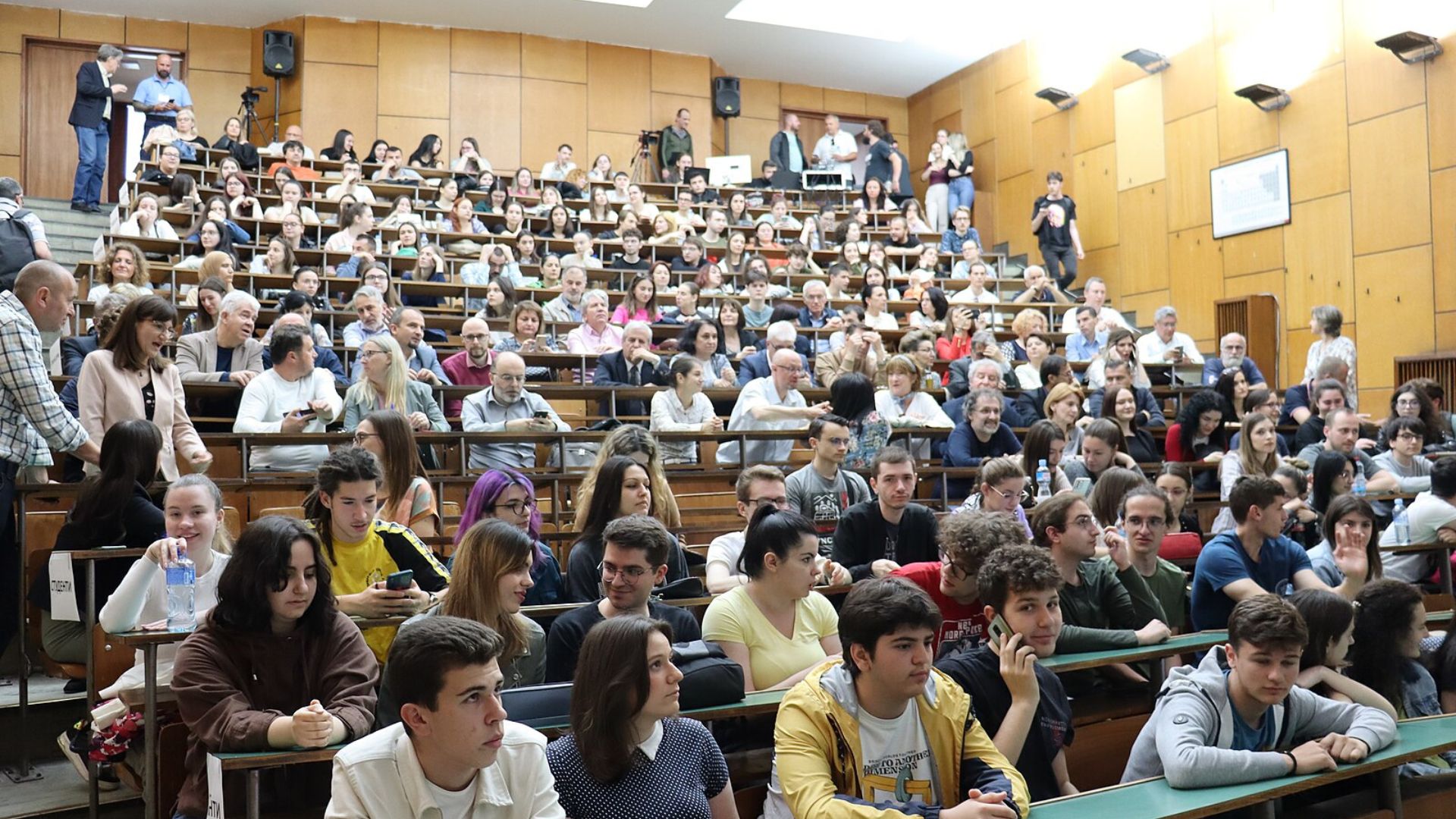
Source: Wikimedia Commons
Alvarez passionately noted, “This new legislation will address inequities faced by undocumented students,” underlining the pivotal change this could bring to their academic and personal lives.
Sweeping Support in the Assembly
The bill sailed through the Assembly with a resounding 59-4 vote, with 17 abstentions. This strong endorsement propels the bill to the Senate.
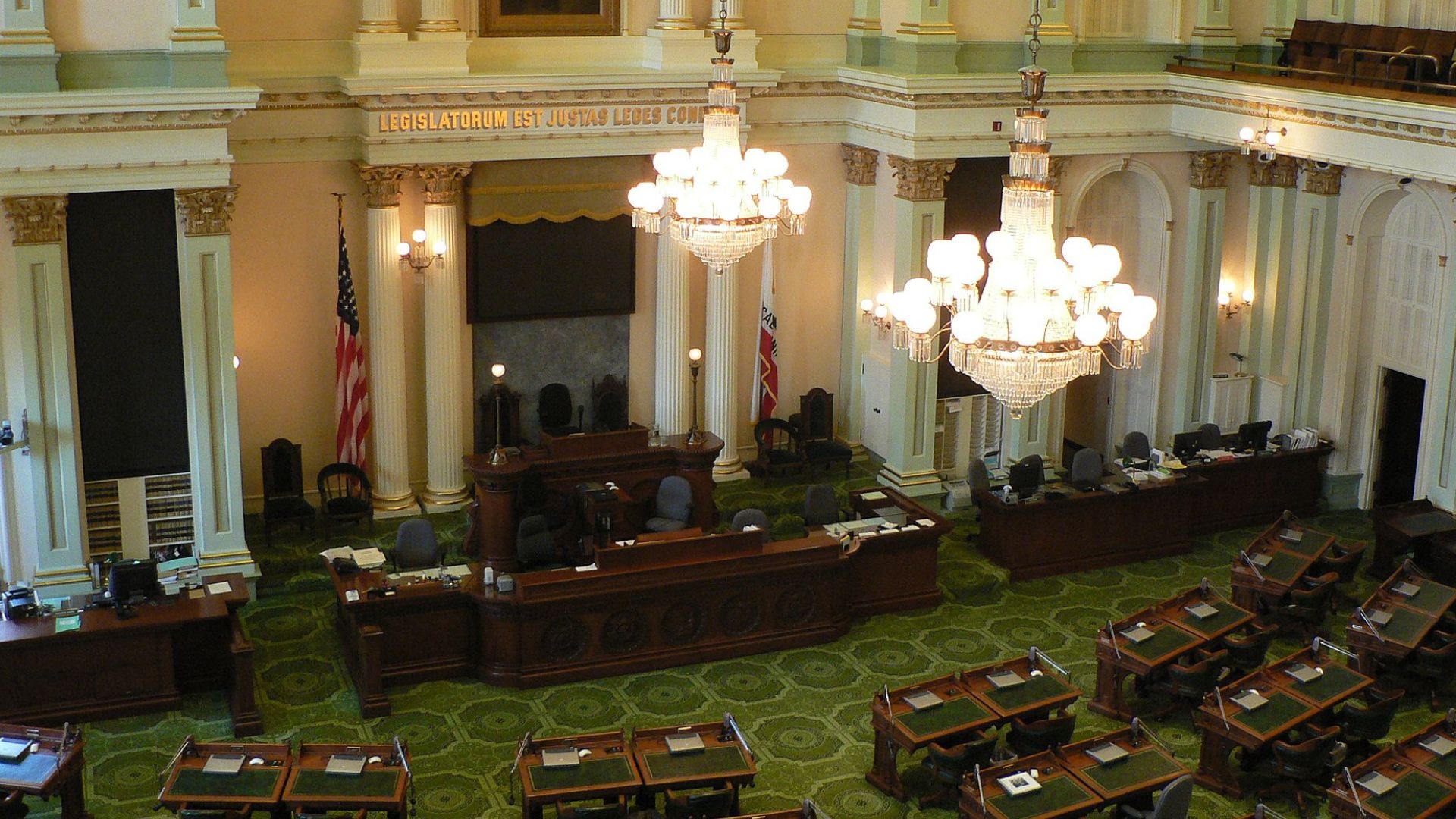
Source: Wikimedia Commons
If passed there, it will await the signature of Governor Gavin Newsom to become law, marking a significant legislative milestone.
Leveling the Employment Field
Bill 2586 promises equal employment opportunities for undocumented students at the University of California (UC), California State University (CSU), and California Community Colleges (CCC).
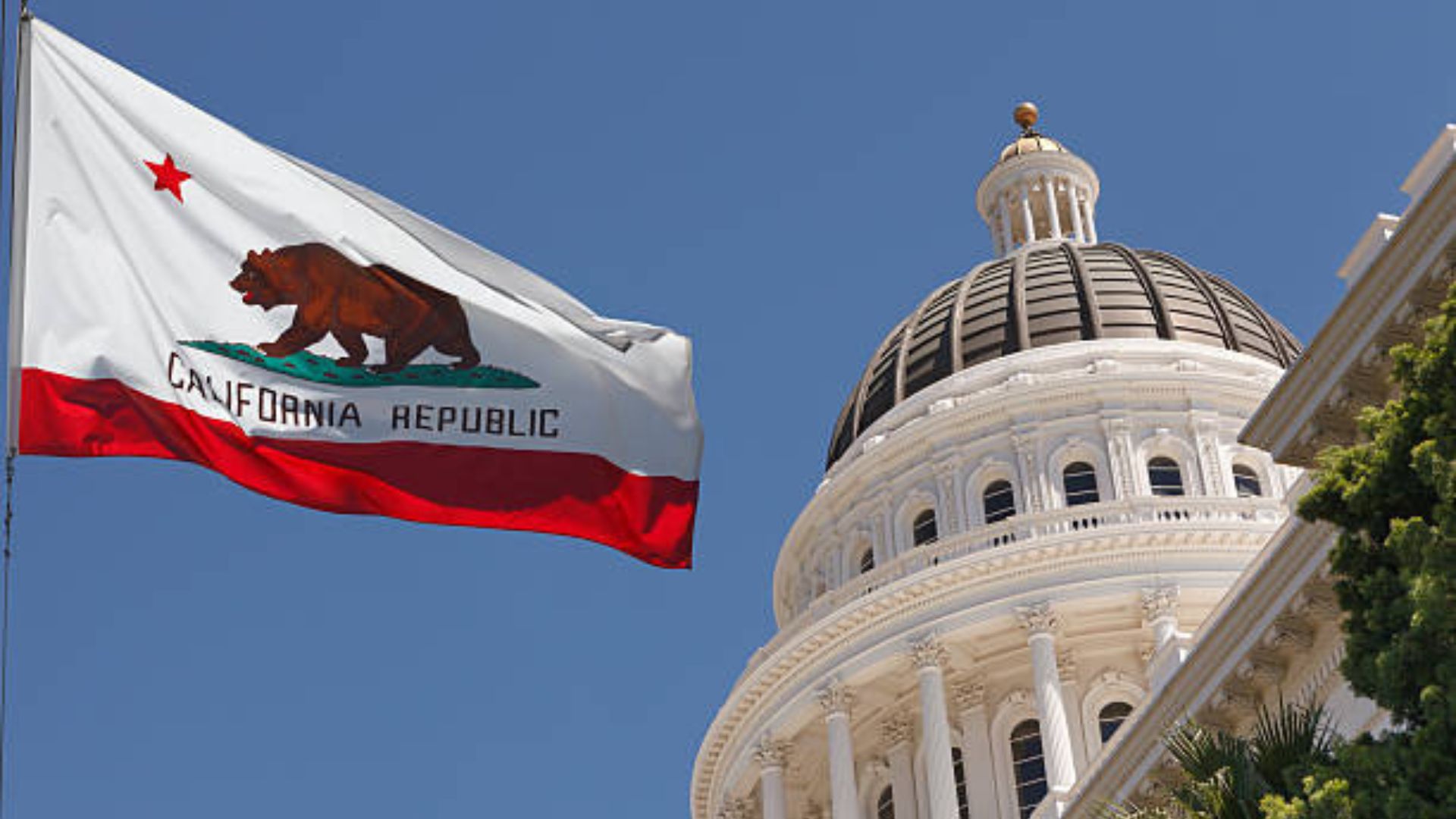
Source: University of California/Facebook
This legislation is designed to ensure that all students, regardless of their immigration status, have fair access to work opportunities.
University Reactions Mixed with Cautious Optimism
Amy Bentley-Smith, a spokesperson for the CSU system, shared a nuanced view.

Source: California State University/Facebook
Although the universities broadly support the initiative, she said, “The CSU has not taken a formal position on the bill but has expressed uncertainty in how the federal government might respond,” highlighting the complexities involved in such legislative changes.
A Timeline for Change
The schools affected, including 10 UC campuses, 23 CSU campuses, and 116 community colleges, are tasked with implementing this law by January 6, 2025.
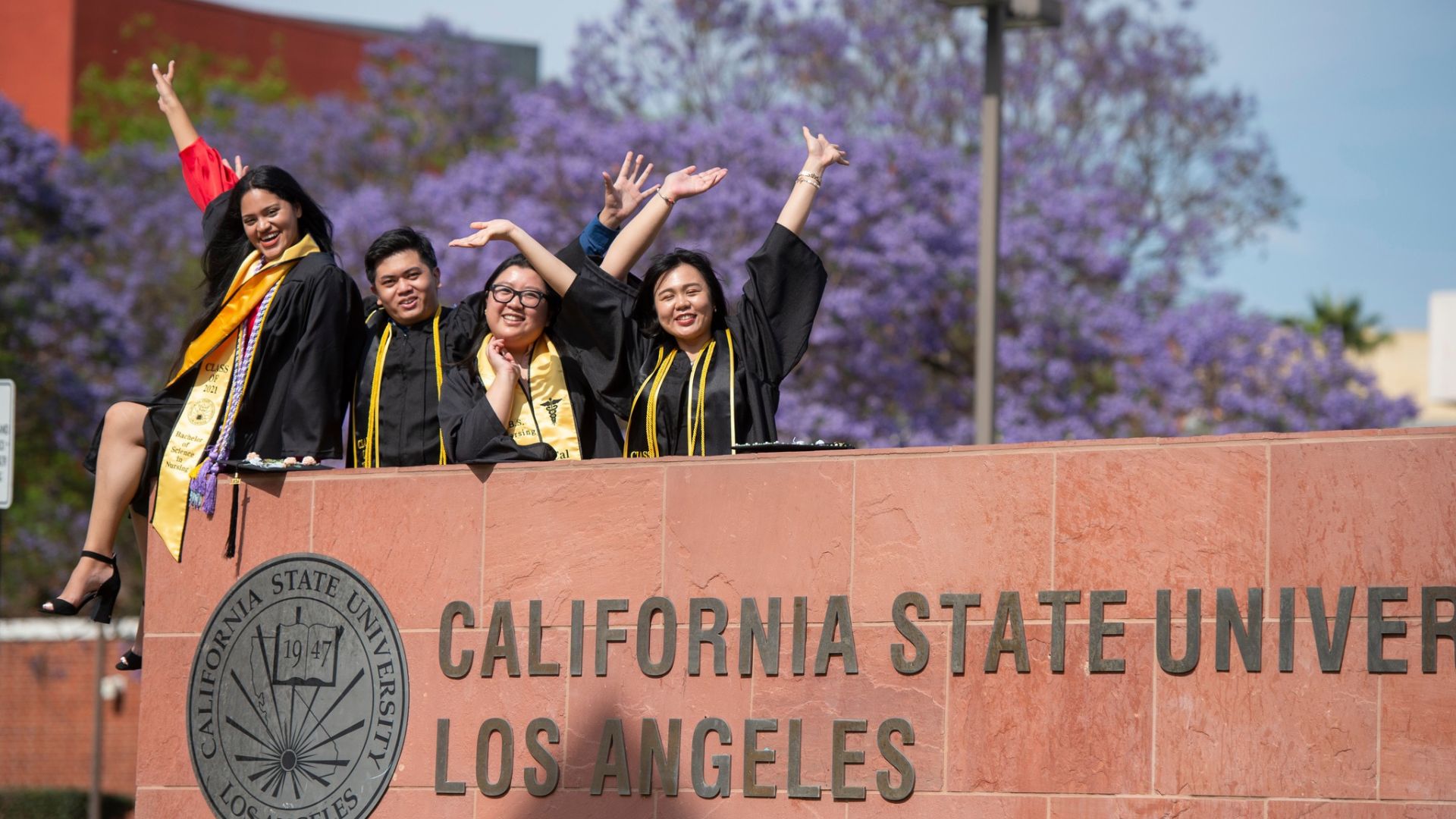
Source: California State University/Facebook
This timeline provides a window for these institutions to align their employment practices with the new legal framework.
Alvarez's Critique of Federal Inaction
David Alvarez didn’t shy away from critiquing the federal government’s inertia on immigration reform, which he believes has made state-level actions like AB 2586 necessary.
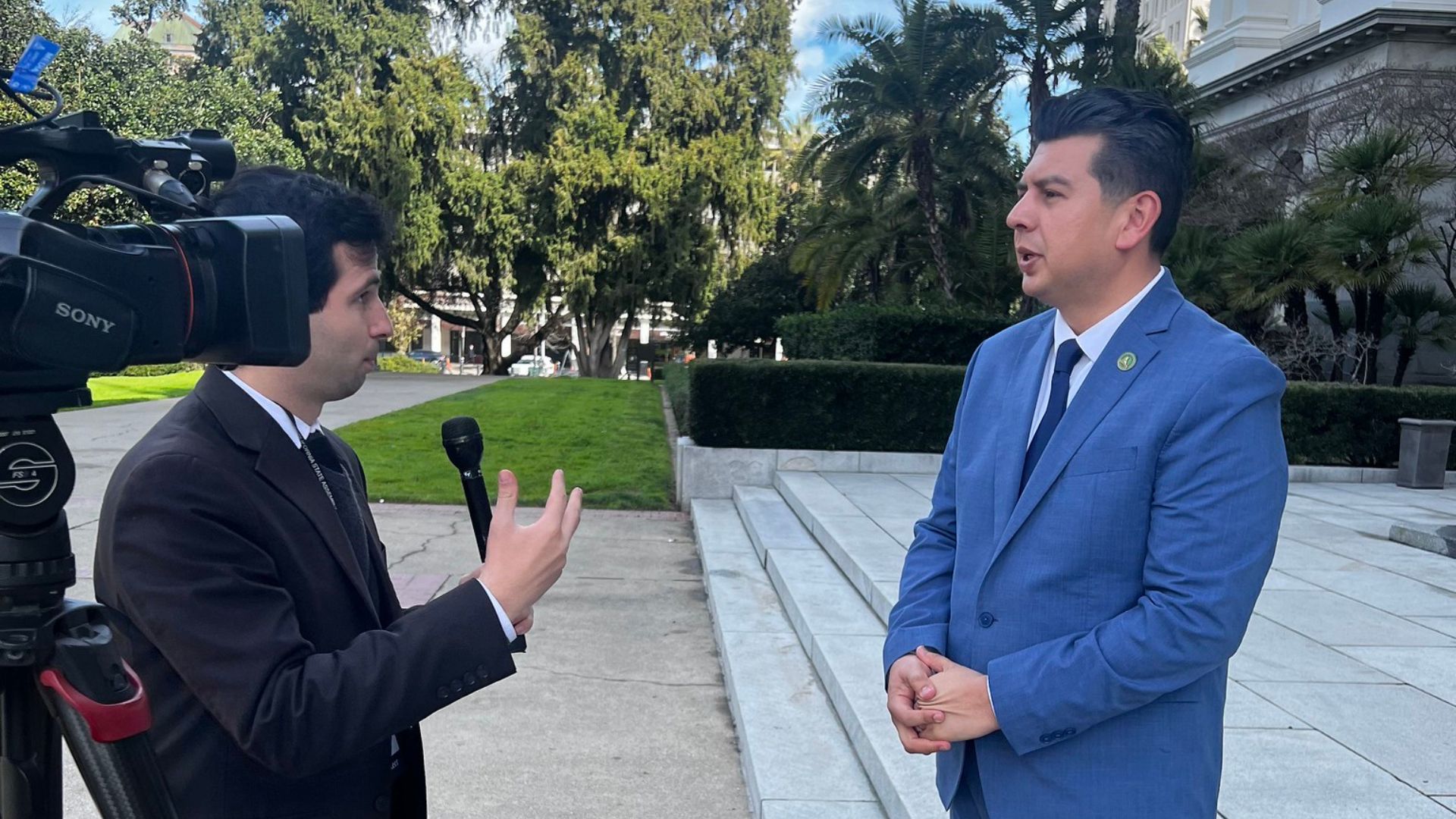
Source: David Alvarez/Facebook
“We wouldn’t have to do this if the federal government actually did their job and passed immigration reform,” Alvarez explained to CalMatters.
Undocumented Immigrant Trends
Although the number of undocumented immigrants in California has declined from 2.8 million in 2007 to about 1.9 million in 202 according to Pew Research Center.

Source: Wikimedia Commons
As a result, the demand for supportive measures like AB 2586 remains urgent, addressing real and present needs within this community.
Rising Rates of Naturalization
Data from the Public Policy Institute of California indicates a growing trend in naturalization among California’s immigrants.
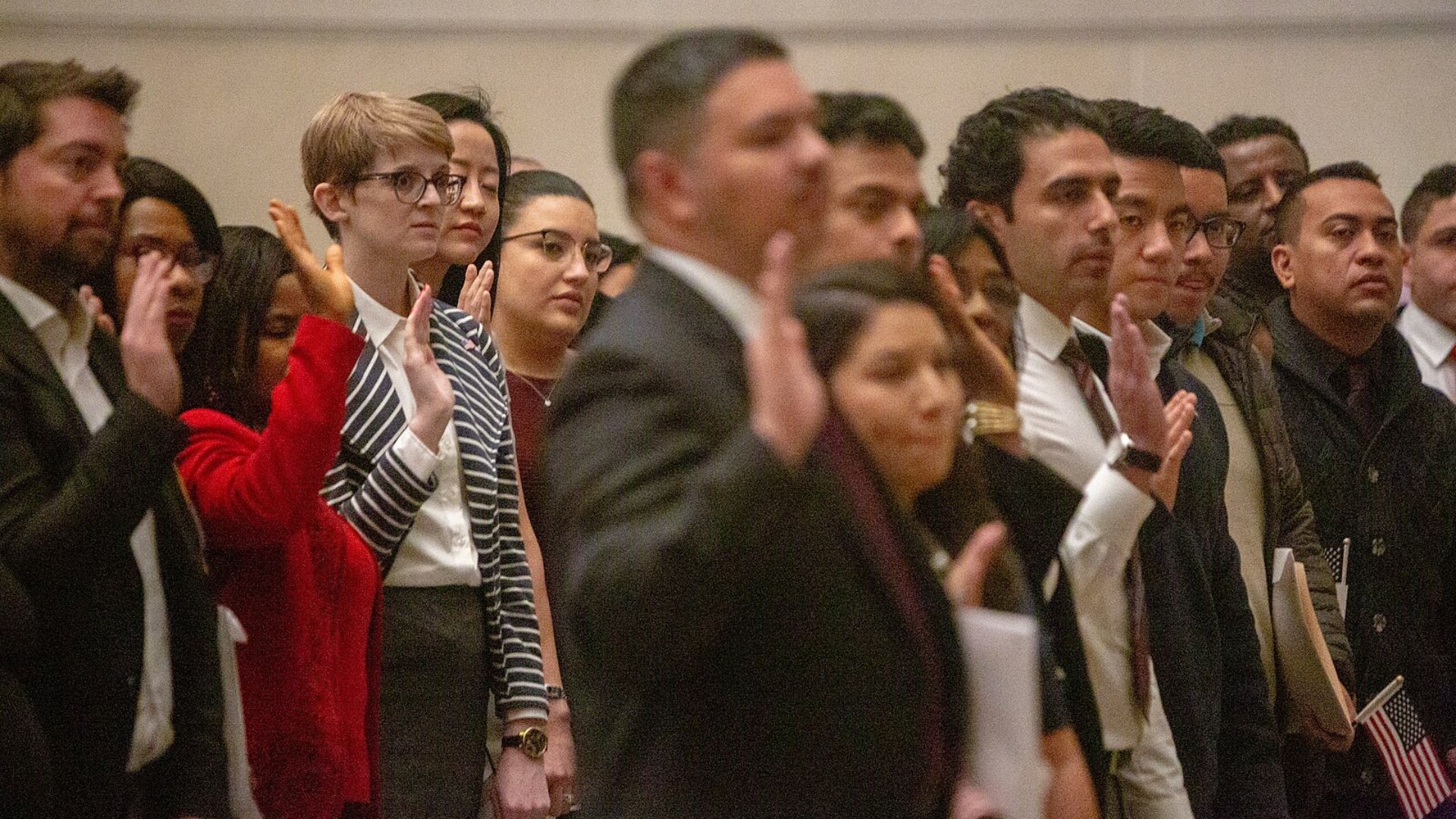
Source: Wikimedia Commons
By 2022, 54% had become naturalized citizens, a significant rise from the 31% reported in 1990, showcasing the evolving demographic and legal landscapes.
Employment Qualification Clauses
AB 2586 sets clear stipulations that colleges and universities cannot deny employment based on a student’s inability to provide federal work authorization.

Source: California State University/Facebook
It specifies, “except where that proof is required by federal law or where that proof is required as a condition of a grant that funds the particular employment position for which the student has applied.”
Upholding State Rights Over Federal Laws
The UCLA Center for Immigration Law and Policy clarifies that states maintain the authority to employ undocumented individuals, notwithstanding federal prohibitions.
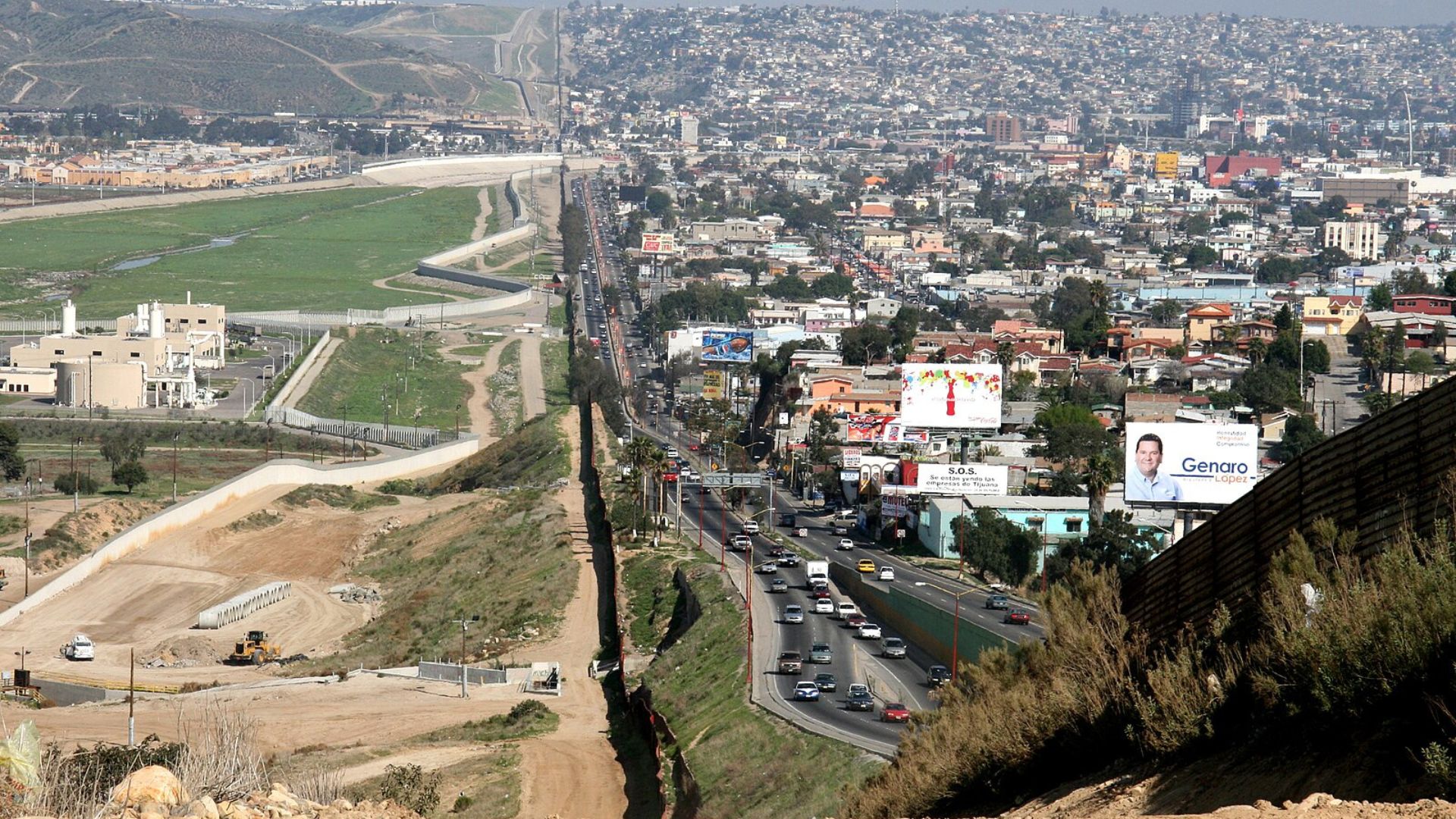
Source: Wikimedia Commons
“IRCA’s prohibition on hiring undocumented persons does not bind state government entities. State entities can lawfully hire undocumented students irrespective of employment authorization status under federal law,” a memo from the center confirms.
What This Means for the Future
The enactment of AB 2586 could pave the way for undocumented students to engage more fully in the workforce.

Source: David Alvarez/Facebook
Alvarez captures the spirit of the legislation, saying: “These students have fulfilled their obligation and are ready to be our future teachers, scientists, doctors, and public servants. AB 2586 will provide them with the opportunity to work,” he shared after the vote, emphasizing the bill’s potential to enrich both individual lives and the broader community.
